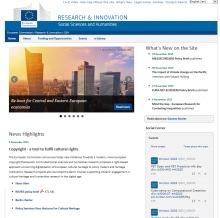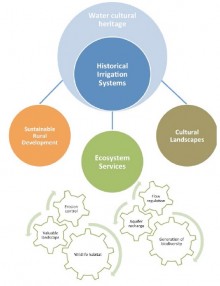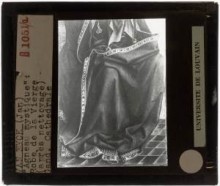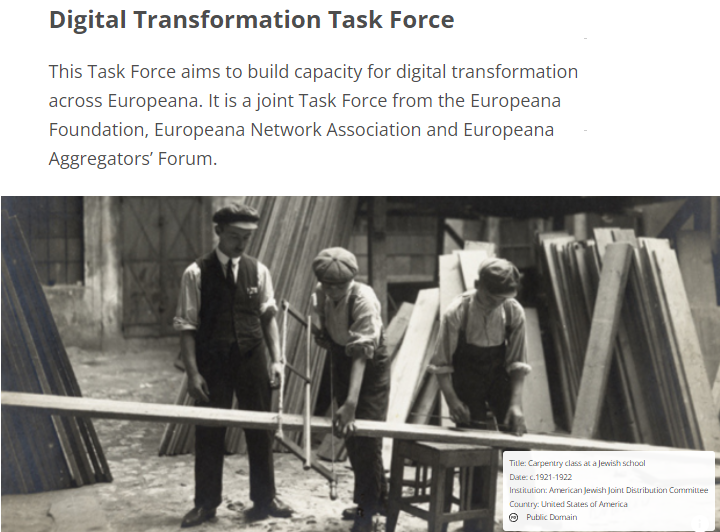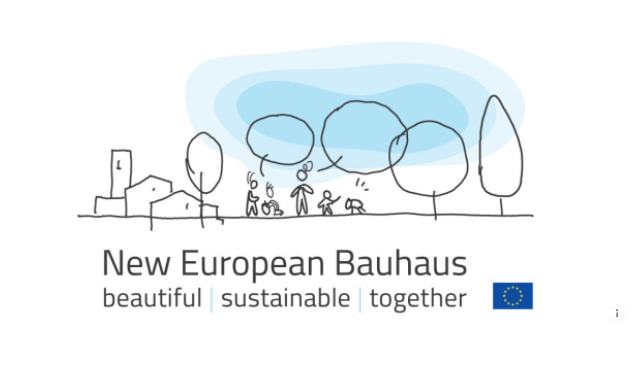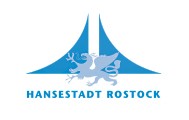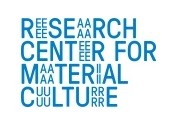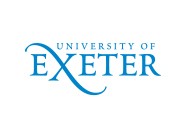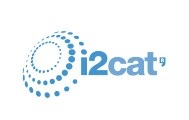 The last two decades have witnessed significant changes to the ways in which European cultural heritage is created, used and disseminated, with the advent of the internet, the increasing use of social media, the digitisation of collections and the widening access to images, and the use of mobile devices. Intellectual property rights (IPR) in general and copyright in particular impacts on how cultural heritage is produced and consumed, developed, accessed and preserved in this digital world. New practices, such as collaboration and co-creation of cultural heritage change how we engage, alter, communicate and participate in cultural heritage and require appropriate responses via copyright law for the digital economy.
The last two decades have witnessed significant changes to the ways in which European cultural heritage is created, used and disseminated, with the advent of the internet, the increasing use of social media, the digitisation of collections and the widening access to images, and the use of mobile devices. Intellectual property rights (IPR) in general and copyright in particular impacts on how cultural heritage is produced and consumed, developed, accessed and preserved in this digital world. New practices, such as collaboration and co-creation of cultural heritage change how we engage, alter, communicate and participate in cultural heritage and require appropriate responses via copyright law for the digital economy.
This policy brief, developed following RICHES research, describes how European policy-makers and European cultural heritage institutions should develop European copyright policies and strategies for the cultural heritage sector using the rights to culture and cultural rights as guiding principles. The impact is to lay emphasis on inter alia access to culture, cultural integrity and cultural communication and to develop ways in which copyright can support those goals.
This policy brief is mainly for European policy-makers; also, European cultural heritage institutions are interested in this policy brief because of the significant roles they have in the changing cultural heritage landscape within Europe.
Download the RICHES IPR Policy Brief (PDF, 532 Kb)




